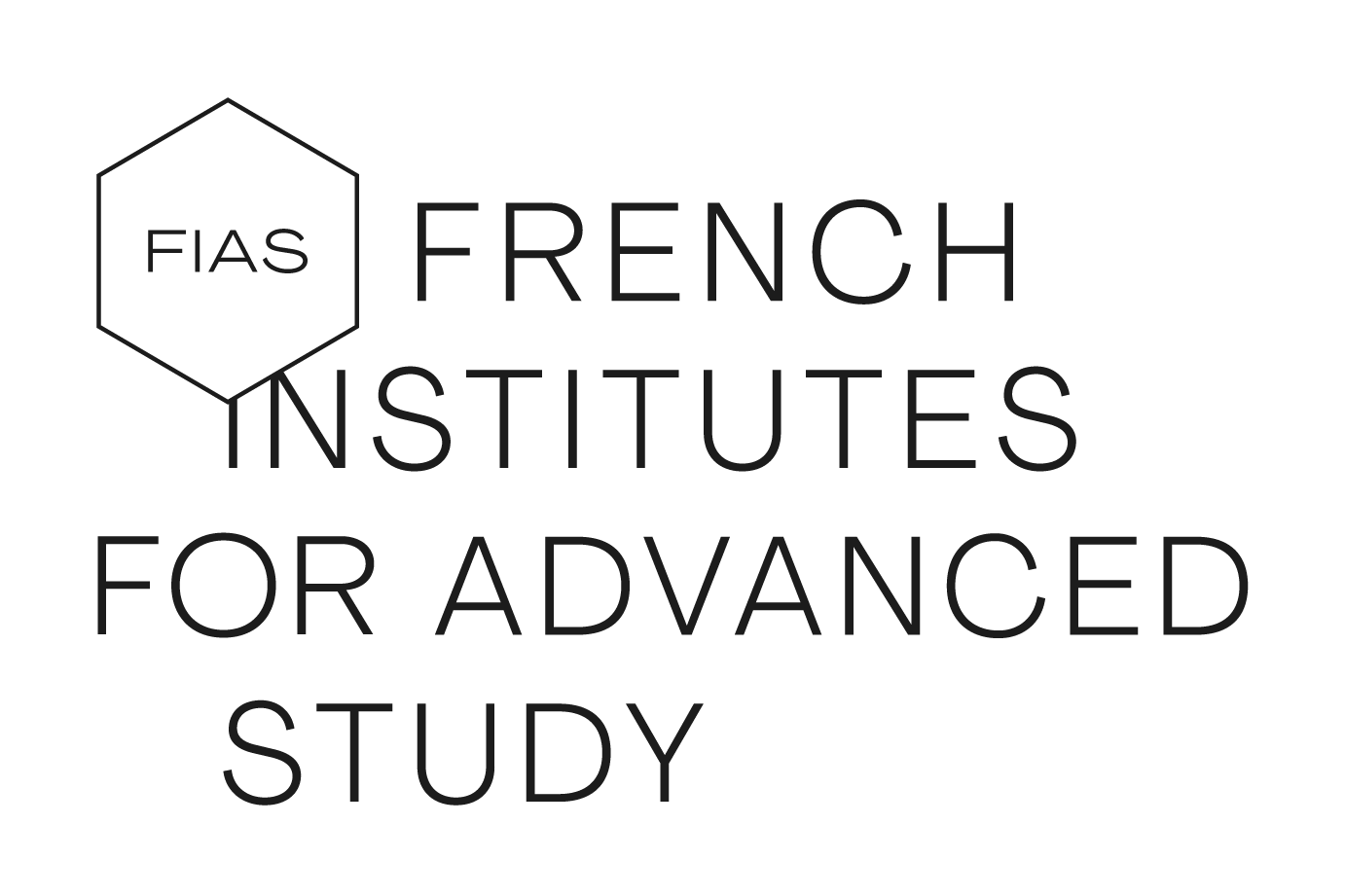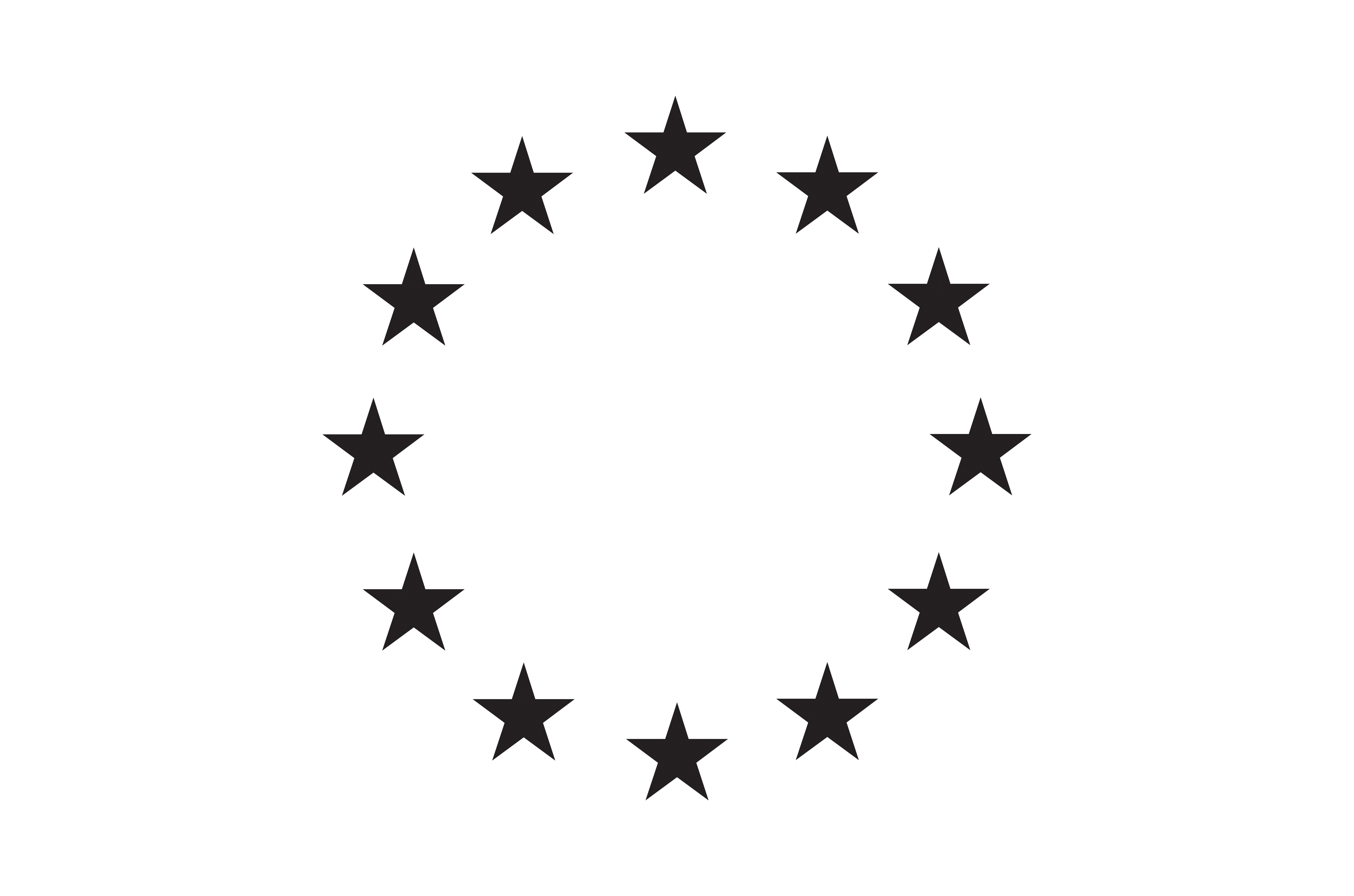Daniel Yon
Daniel Yon is a psychologist and neuroscientist. He is a Lecturer in Psychology at Birkbeck, University of London, where he directs The Uncertainty Lab. Research in his lab explores how our brains build models of ourselves and the world around us, and how these models shape perception, action and belief.
In September 2023, he joins the Paris IAS as part of the French Institutes for advanced Study fellowship program - FIAS - co-funded by the European Union’s Horizon 2020 research and innovation programme under the Marie Skłodowska-Curie grant agreement No 945408. Her fellowship also benefits from the support of the RFIEA+ LABEX, with a national funding (Grant ANR-11-LABX-0027-01).

![]()

Research Interests
Perception, Prediction, Learning, Metacognition, Agency. Uncertainty
Understanding uncertainty in the human mind
Uncertainty is a key part of the human experience. But there are two very different ways of thinking about uncertainty in the neurosciences and in the social sciences and humanities. Psychologists and neuroscientists have traditionally thought that feelings of uncertainty are constructed privately inside our own minds, through solipsistic processes that the brain uses to monitor itself. In contrast, the social sciences and humanities are more likely to think about uncertainty as being shaped by the public world: with our social and cultural realities impinging on our private minds to create beliefs about ourselves and the world.
These two ways of thinking about uncertainty – as something private or public – can talk at cross purposes, and it seems difficult to reconcile these different disciplinary outlooks. However, recent developments in the cognitive neurosciences – including my own work – has begun to offer a new framework for thinking about how representations of uncertainty are constructed in the human brain. One of the main upshots of this new framework is the idea that our brain relies heavily on learning and expectations when trying to estimate how uncertain it should be about itself and the wider world.
The goal of this Fellowship is to develop this new theoretical framework further, collaborating with expert scientists in Paris to determine which kinds of uncertainty in the human brain can be shaped by expectations. This theoretical work will lead to a significant advance in our neuroscientific understanding of uncertainty. Critically though, this knowledge from the neurosciences will also reveal which kinds of uncertainty in the human mind can be ‘programmed’ by forces in the social and cultural world – and which aspects of uncertainty remain immune from social influence. This project thus has the potential to break down disciplinary siloes when thinking about uncertainty, promoting new dialogues between the neurosciences and the social sciences and humanities.
Key Publications
Yon, D., & Frith, C.D. (2021). Precision and the Bayesian Brain. Current Biology, 31, 1026-1032. https://doi.org/10.1016/j.cub.2021.07.044
Yon, D., Heyes, C., & Press, C. (2020). Beliefs and desires in the predictive brain. Nature Communications, 11, 4404. https://doi.org/10.1038/s41467-020-18332-9
Yon, D., de Lange, F.P., & Press, C. (2019). The predictive brain as a stubborn scientist. Trends in Cognitive Sciences, 23, 6-8. https://doi.org/10.1016/j.tics.2018.10.003
Latest Publication
Olawole-Scott, H., & Yon, D. (2023). Expectations about precision bias metacognition and awareness. Journal of Experimental Psychology: General. https://doi.org/10.1037/xge0001371
|
Talk by Daniel Yon, Birkbeck, University of London, 2023-2024 Paris IAS Fellow, as part of the seminar series of the Integrative Neuroscience and Cognition Center - CNRS / Université Paris Cité |
|
|
|
|


